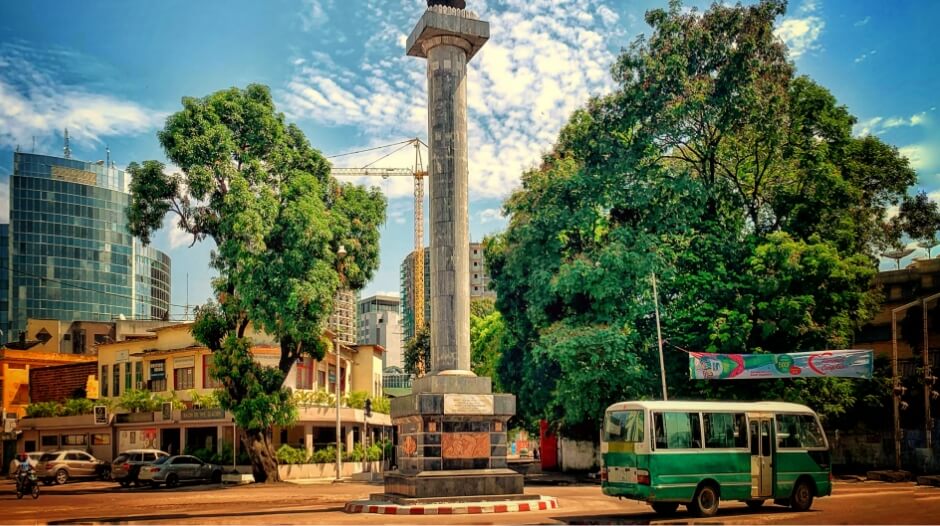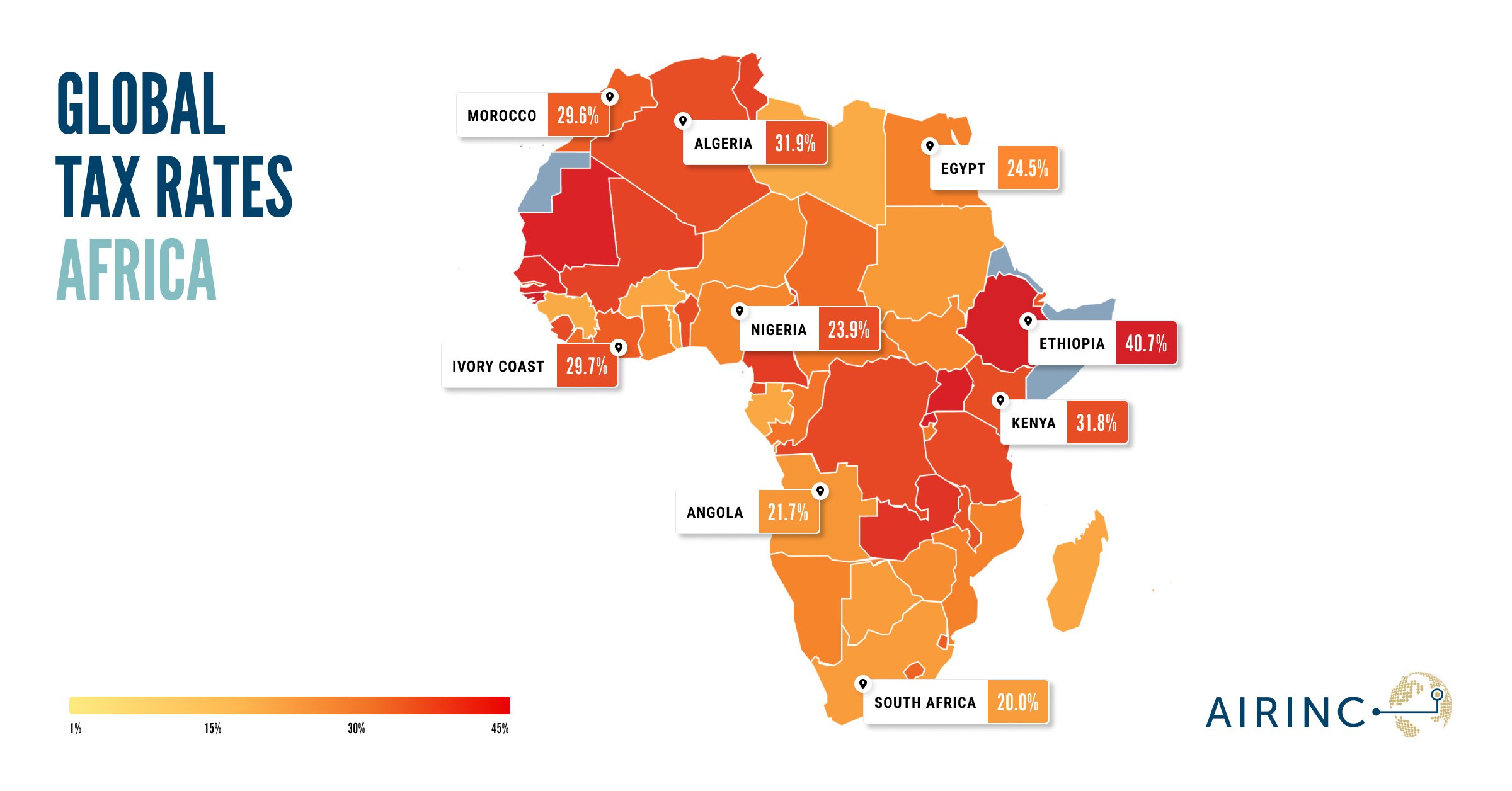Currency Performance: Best and Worst from June 2023
Foreign reserves and political instability highlight the currency movements for the month of June. Several African and South American countries have struggled with maintaining their forex reserves increasing the demand of the U.S. dollar. Political instability including presidential elections also affected analysts’ expectations in accordance with possible new economic policies.
Currencies Losing Value Against the USD
CDF – Congolese Franc
The franc lost value due to its narrowed account surplus and the projection of hard climate conditions. The harsh climate may affect domestic production for agriculture and lead to further food insecurity.
ZMW – Zambian Kwacha
Zambia’s prolonged debt restructuring increased the unpredictability of Zambia’s economy causing the currency to weaken. This has indicated additional economic issues that may surface along with an increasing trade deficit.
VES – Venezuelan Bolivar
The VES continues to suffer from increasing inflation and decreasing forex reserves. The Venezuelan Central Bank participated in the international exchange market to keep the exchange rate manageable. Additionally, the petro cryptocurrency is supposedly nearing its end and the Venezuelan government will owe many debts to the currency’s creditors.
BIF – Burundi Franc
Decreasing forex reserves negatively affected the Burundi franc. International trade has increased from the waning COVID-19 pandemic although harvests have been below average due to harsh weather.
ARS – Argentine Peso
Increasing consumer prices and foreign reserves have most impacted the Argentine peso. In the beginning of June, Argentina implemented a new policy where provinces must obtain their own financing to pay off foreign currency debt to ease pressure on the central bank’s foreign reserves. Argentina made a 3-year currency swap deal with China to help with the falling deficit.
SSP – South Sudanese Pound
The pound continues to decrease in value as ongoing issues continue to plague the country. The war in Ukraine and South Sudan’s import dependency have made it difficult for the country to obtain resources. The conflicts within the country’s borders have lowered due to efforts from the government to implement its 2018 peace deal by supporting security forces in certain areas although there is still a chance of sporadic clashes of breaking out.
TRY – Turkish Lira
The Turkish lira decreased following the reelection of President Recep Tayyip Erdogan. President Erdogan’s unconventional monetary policies had caused the currency’s past depreciation and his reelection casts uncertainties about the future. Turkey’s foreign reserves are low, and its trade deficit increased by over 40% year over year in April.
NGN – Nigerian Naira
The naira lost value after the Central Bank placed the NGN 30% lower at auction than the controlled market. This most likely indicates there is lack of forex reserves and the demand for U.S. dollars increased. New president Bola Tinubu promised to create a uniform exchange rate leading to the possibility of an upcoming devaluation.
AOA – Angolan Kwanza
Decreasing oil prices and an increase in debt payments pushed the Angolan kwanza’s sharp decline this month. Inflation is expected to accelerate, and the Treasury has refrained from interacting with the foreign exchange market.
ZWL – Zimbabwean Dollar
Zimbabwe has devalued its currency multiple times causing a massive change. On May 29, the Zimbabwean government announced that people should start using the local currency rather than using the U.S. dollar to tame inflation but the currency has continued to plummet. The benchmark rate was also raised from 140% to 150%.
Currencies Gaining Value Against the USD
COP – Colombian Peso
Colombia’s peso has become one of the best performing LATAM currencies due to recent allegations of a political scandal against the current president. President Gustavo Petro’s former Venezuela ambassador and former campaign chief threatened to reveal how the 2022 presidential bid was funded. This impacted the social reforms that the president has been attempting to pass which, looks to move the country away from its current conservative policies. Colombia also has falling account deficits increasing confidence for investors and other interested parties.
How do currency changes affect compensation?
For up-to-date figures, please reach out to your AIRINC representative or click here to reach our inquiries team now.
Subscribe to our blog to stay updated on changes around the world that impact Global Mobility, including your cost of living allowances.




%20(29).png)

%20(28).png)

